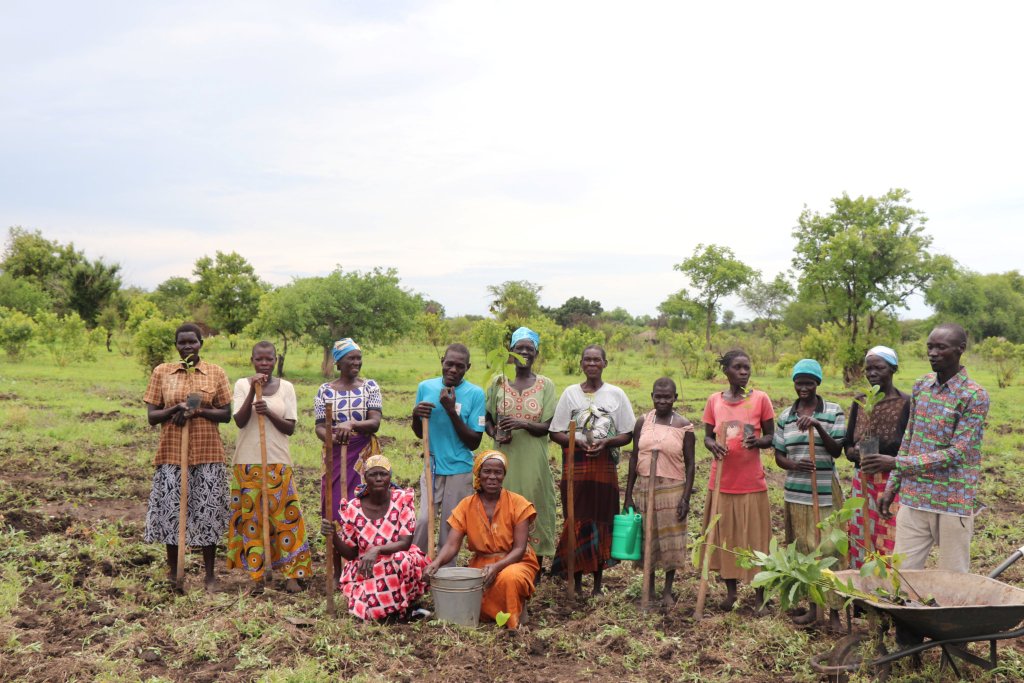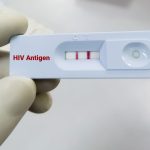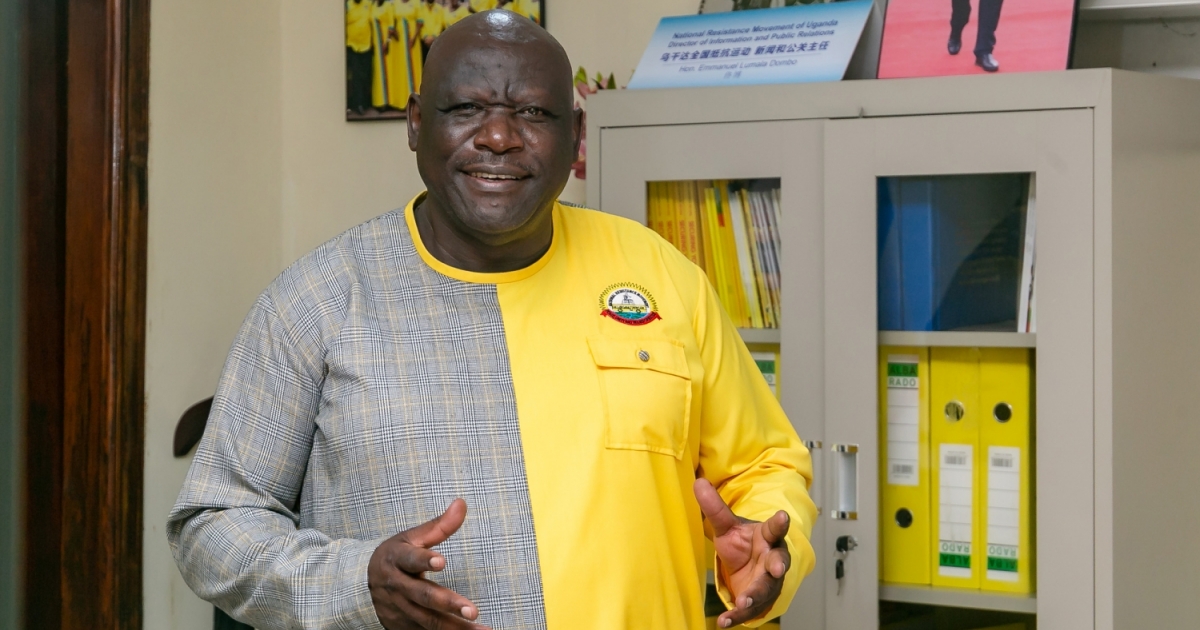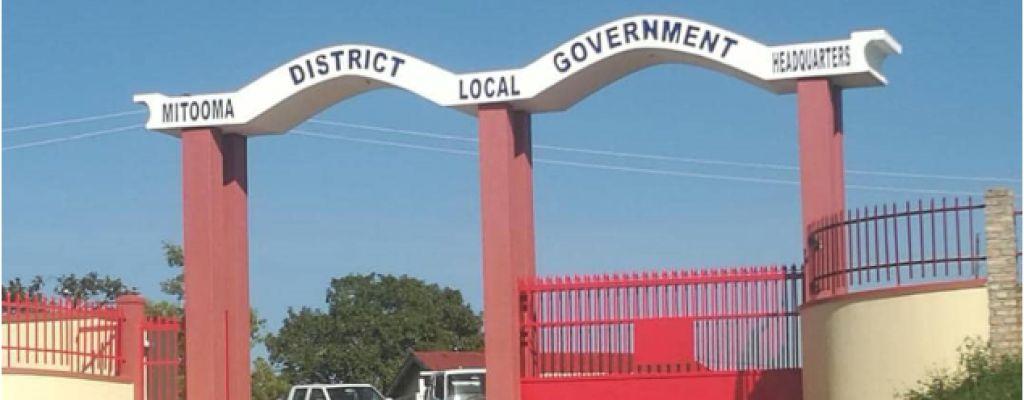In the West Nile region of Uganda, refugee communities are forging pathways towards sustainable livelihoods through various initiatives aimed at addressing their pressing needs. Led by the efforts of both local and international organizations, these initiatives offer hope and opportunity to individuals like Viola Monday, Isaac Lemi, and David Alidipi, who are striving to overcome the challenges of displacement and build brighter futures for themselves and their families.
Viola Monday, a single mother residing in Village 16 of Imvepi Refugee Settlement, found herself in a desperate situation after her husband abandoned her. With limited resources and no means of support, Viola struggled to provide for her young child and ailing mother. However, through interventions funded by the European Union, Viola received assistance in opening a farmland, providing her with a newfound sense of hope and stability.
Similarly, Isaac Lemi, a young refugee who assumed responsibility for his siblings after dropping out of school, seized the opportunity to cultivate rice with support from the Norwegian Refugee Council (NRC). The income generated from his farming efforts enabled Isaac to contribute towards his siblings’ education expenses, demonstrating the transformative impact of sustainable livelihood initiatives on refugee households.
In another instance, David Alidipi, a member of the host community in Likido village, embraced agricultural activities as a means of income generation. With the support of EU-funded projects, David opened acres of farmland and ventured into vegetable cultivation, envisioning a prosperous future for himself and his community.
Marwoth Ayak, a South Sudanese refugee residing in Arua city, faced eviction due to rent arrears until receiving assistance from the NRC. Through legal documentation facilitated by the organization, Marwoth secured her tenancy, highlighting the importance of legal support in safeguarding the rights of vulnerable populations.
Uganda hosts the largest refugee population in Africa and the sixth largest globally, with over 1.5 million refugees seeking safety within its borders. The European Union has played a pivotal role in supporting humanitarian efforts in the country, providing substantial funding to address the needs of refugees and host communities alike.
As Uganda prepares to commemorate Europe Day, beneficiaries of EU-funded projects in West Nile express gratitude for the transformative impact of these interventions. From legal assistance and land access to livelihood support and economic empowerment, EU-funded initiatives have contributed significantly to enhancing the resilience and well-being of refugee communities.
Local leaders, including Terego district chairperson Wilfred Saka and settlement commandant Rhino Camp Refugee Settlement Armitage Basikania, acknowledge the invaluable contributions of EU-funded projects in addressing critical needs and promoting sustainable solutions. They emphasize the importance of continued support and funding for refugee response efforts, particularly in advancing durable solutions that foster long-term stability and self-reliance.
Through collaboration between government agencies, humanitarian organizations, and local communities, efforts to support refugees in Uganda continue to evolve, guided by a shared commitment to promoting peace, resilience, and prosperity for all individuals affected by displacement.




















